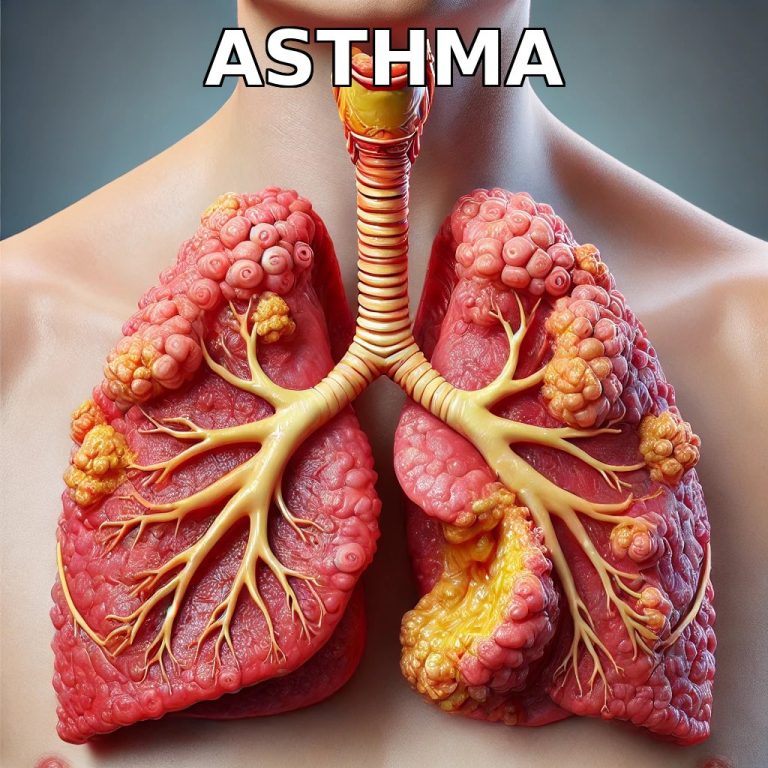The Amaka Chiwuike-Uba Foundation (ACUF), a Non-Governmental Organisation, has called on governments at all levels and health stakeholders to address the widening gap in asthma treatment and management in Nigeria.
A development economist and founder of ACUF, Prof. Chiwuike Uba made the call in a statement issued on Tuesday in Enugu to mark the 2025 World Asthma Day, themed: “Make Inhaled Treatments Accessible for All.”
Uba said asthma was becoming increasingly prevalent in Nigeria, with studies indicating a general prevalence rate of 5.12 per cent to 14.7 per cent, and projections suggesting a further rise by the end of 2025.
“Across Africa, asthma rates range widely from 1 per cent to 53 per cent depending on population and age group, with urbanisation and worsening air pollution identified as key drivers.
“Beyond the numbers are heartbreaking stories of people silently struggling to breathe.
“Children missing school due to frequent asthma attacks, parents forced to choose between feeding their families and buying medication, and elderly people in remote areas unable to access even basic healthcare,” he said.
According to Uba, the cost of managing asthma in Nigeria has become prohibitive.
“A basic Short-Acting Beta-Agonist (SABA) inhaler now costs N5,000 to N8,500, while inhaled corticosteroids (ICS) essential for long-term control are even more expensive.
“Combination inhalers with both ICS and long-acting beta-agonists (LABA) range from N34,500 to N70,000 per unit.
“These medications, like salbutamol, budesonide, and formoterol, are not luxury products; they are life-saving, standard treatments.
“Expecting someone to spend an entire month’s salary on a single inhaler is inhumane,” Uba stressed.
He noted that the problem was made worse by the devaluation of the naira, the withdrawal of major pharmaceutical firms like GSK, and Nigeria’s reliance on expensive imported medications.
“High operating costs and a lack of competition further drive up prices.”
Uba cited World Bank data showing that 75.5 per cent of rural dwellers and 41.3 per cent of urban residents in Nigeria live below the poverty line, while more than 133 million Nigerians experience multidimensional poverty.
He warned that the health consequences of choosing between food and medicine could be fatal.
He also pointed to structural challenges in Nigeria’s healthcare system. Although the country had about 40,400 hospitals and clinics, around 85 per cent are primary health care (PHC) facilities.
Uba said more than 80 per cent of these PHCs were barely functional due to inadequate infrastructure, insufficient staffing, and a lack of essential medical supplies.
He noted that Nigeria lacked a comprehensive national guideline for asthma management, leaving health providers to rely on inconsistent or outdated treatment methods.
Uba urged policymakers to treat the creation and implementation of national asthma guidelines as a public health priority.
He also emphasised that Nigeria’s severe air pollution crisis exacerbated asthma cases.
“Cities like Lagos, Port Harcourt, and Kano experience some of the world’s worst air quality due to vehicle emissions, industrial activity, biomass fuel usage, and gas flaring in the Niger Delta.
“These pollutants don’t just worsen asthma; they can trigger it in otherwise healthy individuals.
“Stricter environmental regulations and enforcement of anti-flaring laws are critical to reducing the asthma burden in Nigeria,” he said.
NAN


